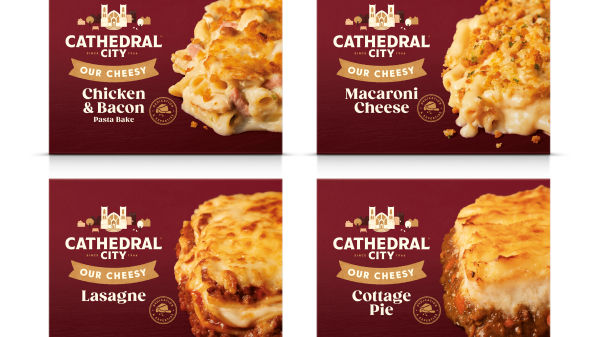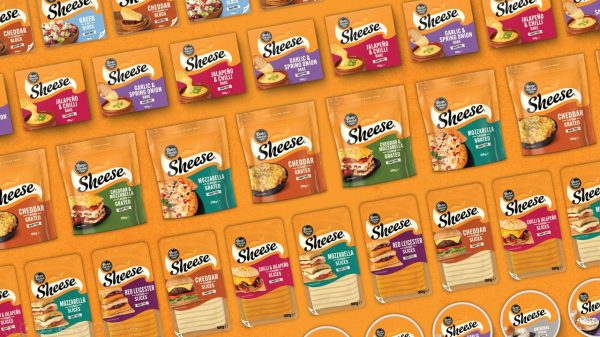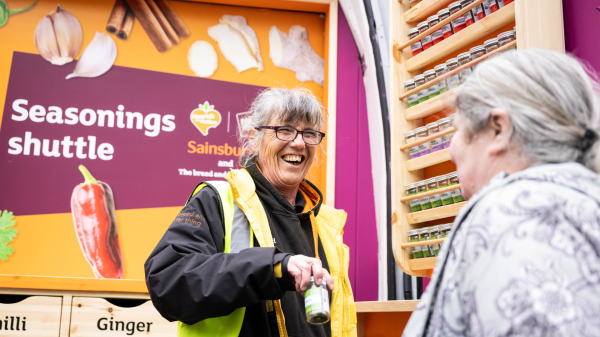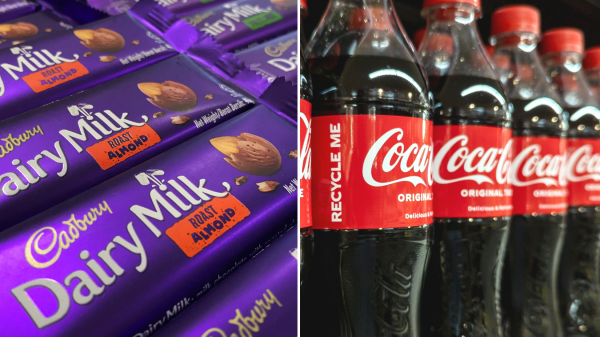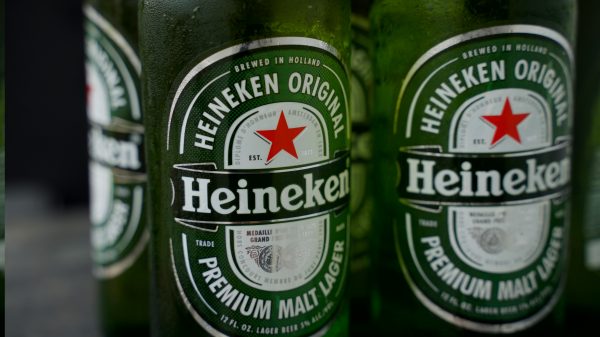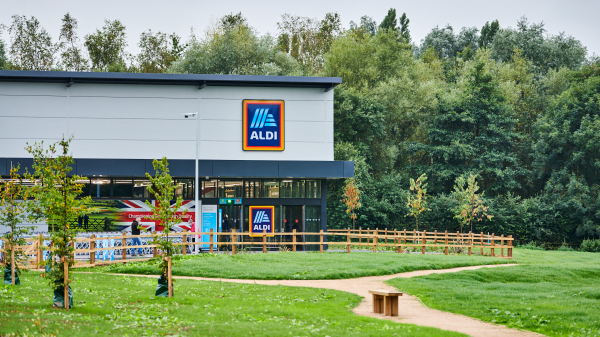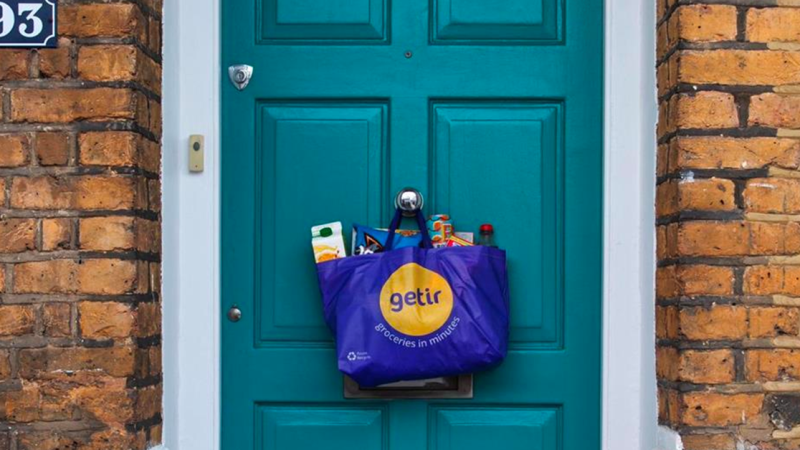More food and drink businesses have collapsed in the first six months of the year than in the whole of last year, according to new figures from advisory firm Kroll.
The sector saw 56 administrations in the half to the end of June, compared with 53 in 2022.
Kroll managing director Benjamin Wiles explains that a range of businesses across the food supply chain have collapsed.
As well as then 56 food and drink manufacturing administrations, there were also 42 that occured in leisure and hospitality firms.
“All these businesses are affected by cost inflation, supply chain issues as well as wage and labour challenges,” says Wiles.
“Many of these companies are highly leveraged due to the impact of Covid and are also affected by cost inflation and energy costs.
When you factor in higher borrowing costs and a lack of working capital, it’s proving tricky for businesses in these sectors.”
Grocery Gazette looks at 6 of the most high-profile food and drink companies that went bust in the first half of 2023.
Subscribe to Grocery Gazette for free
Sign up here to get the latest grocery and food news each morning
Meatless Farm
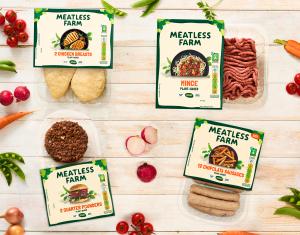
Set up in 2016 to provide plant-based meat substitutes for vegans and veggies alike, Meatless Farm made the majority of its workforce redundant last month and consequently fell into administration after it failed to find new funding.
The firm has racked up substantial operating loss for the last few years and worryingly sales had dipped from £12.5m in 2021 to £11.2m in 2022.
It appears that the plant-based category is struggling to maintain growth as shoppers grapple with the rising cost of living.
However, Meatless Farm has now been saved by plant-based rival VFC (Vegan Fried Chicken), who said that the deal was a “golden opportunity” to merge the businesses that “spark innovation in the plant-based food category”.
Big Prawn
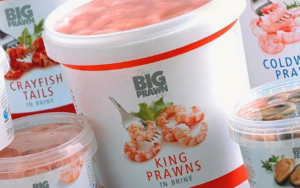
Shellfish supplier Big Prawn appointed administrators in January 2023 after battling Brexit, Covid and inflationary challenges.
According to a report from Kroll, the brand owed creditors more than £23m when it filed for administration.
The company fell to a pre-tax loss of £380,000 in the year to 31 May 2021, despite turnover nudging up 4.9% to £34.5m, according to the most recent accounts available at Companies House.
It had struggled with the loss of foodservice sales through the pandemic, estimating a £2.5m hit to profits in 2020/21.
Big Prawn also lost a key contract to supply Morrisons in 2021, and struggled to negotiate cost price increases with other customers throughout 2022 to offset soaring energy and other input costs.
Le Pain Quotidien
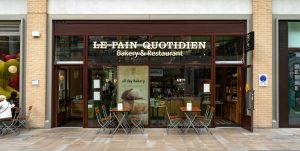
Bakery and coffee shop chain Le Pain Quotidien plunged into administration in June 2023, just three years after its previous collapse.
The firm was severely impacted by Covid and has struggled in a competitive market at a time when high streets have not regained the footfall they had pre-pandemic.
The bakery chain had 26 sites in April 2020, but 11 were closed when the business was transferred to Brunchco, who has been running UK operations since then.
Though the company was set to expand its offering across the UK with a new franchise model earlier this year, 11 sites in London have now closed except in St Pancras, which is operated by a separate company.
MyFresh
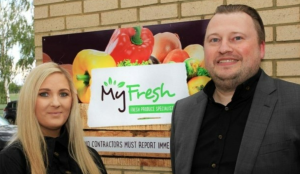
A supplier of fresh vegetables to the trade, MyFresh fell into administration in early June 2023.
The company has been a victim of surging supply chain costs and weakening demand for fresh deliveries.
Between 1 June 2022 and 28 February 2023, the company made an operating loss of £3.15m on a turnover of around £12m.
Tuber Group previously bought the business in September last year from Jacksons, which had created MyFresh from two of its subsidiaries, Hazeldene and Parripack.
The company was declared insolvent in April, and went out of business just one year after Tuber Group purchased it, according to Just Food.
Planet Organic
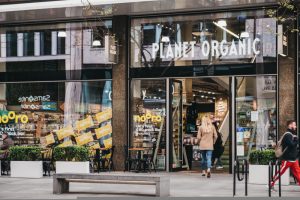
An ethical and sustainable supermarket group with more than twelve stores, Planet Organic went into administration at the end of April this year.
Planet Organic owed £12.5m to creditors when it went into administration.
Consequently a number of retailers made a bid for the retailer, including Waitrose, Sainsbury’s and Holland and Barrett.
However, the chain was eventually acquired by Bioren, which is part-owned by the founder of Planet Organic, Renee Elliott.
The organic supermarket was founded in 2004, but post-Covid sales had fallen below the levels achieved in the 2020-22 period.
Bioren now intends to revitalise the business and is reviewing all of its product ranges.
Farmison and Co

Online premium meat retailer and wholesaler Farmison and Co went into administration in April this year, following a failed effort to raise cash.
A report from administrators FRP Advisory revealed that 199 creditors were left £7.3 million out of pocket when Farmison went bust in April, according to the Evening Standard.
As a result, the majority of its 75 employees were made redundant.
However, a Yorkshire-based consortium led by ex Asda CEO Andy Clarke acquired Farmison for an undisclosed sum soon after.
The supermarket has appointed former M&S managing director, Andy Adcock, as its new chief executive.

